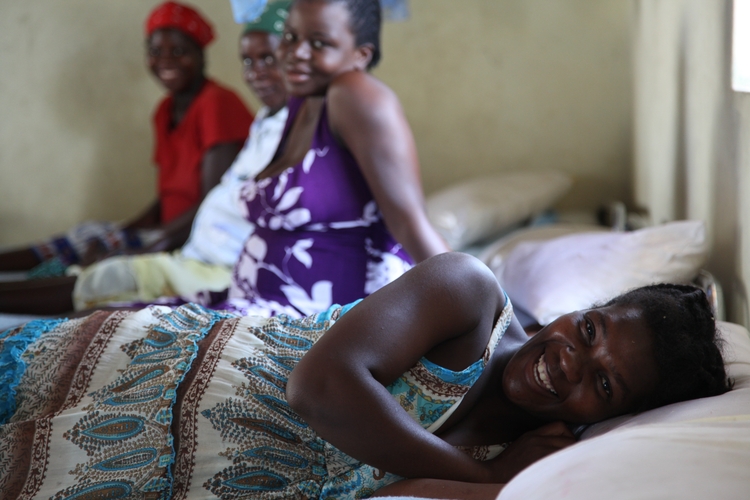
The Sunday Mail

Prospective mothers should live healthy life styles in order to reduce the high number of pre-term births in the country, experts say.
According to a recent World Health Organisation (WHO) study, Zimbabwe has the fourth highest number of pre-mature births in the world.
The study fact sheet shows that for every 100 births in Zimbabwe, 16,6 of them are pre-term and experts believe the situation is contributing to child mortality.
Pre-term or pre-mature births are defined as babies born alive before 37 weeks of pregnancy are completed.
Some of the known risk factors of pre-term birth can be avoided while others cannot.
Among those that can be evaded are: Obesity, infections in the female reproductive trek during pregnancy and high blood pressure while risk factors such as chronic conditions and genetics are unavoidable.
Health hazardous behaviour such as smoking tobacco, having a poor nutrition and hard physical work during pregnancy increases the chances of pre-term births.
Experts therefore believe behavioural change and living healthy lifestyles can help prevent preterm births.
Local paediatric experts have warned pregnant mothers against eating foods that can lead to obesity saying, this increases chances of incurring premature births.
Paediatric specialist Dr Simbarashe Chimhunya from Harare Hospital said: “Obese pregnant mothers are at risk of having premature birth because of the risks associated with such conditions which compromise the foetus,”
“Due to their condition, excess fat accumulates in their blood vessels causing the diameter of the veins to contract. The contraction increases the rate at which blood flows in the mother’s body supplying oxygen and food to the foetus, this creates an abnormal environment for the foetus.”
He said women with obesity have high chances of developing diseases such as diabetes and high blood pressure which increases the chances of pre-mature births as well.
Dr Chimhunya however said, it was not always possible to tell why a pregnant woman goes into labour before 37 weeks because the causes of premature labour are often multiple.
A normal baby is expected to be born between week 38 and 42 of pregnancy. If a foetus is expelled from the womb before 22 weeks of pregnancy it is called a miscarriage.
On the other hand, infections in the urine or female genital tract may cause pre-mature rupture of foetal membranes.
“Lumps on the wall of the womb can cause pressure on the foetus and reduce the space for the foetus to grow in. This also causes pre-term birth.”
Premature babies are associated with a lot of problems due to immature function of their organs.
“These babies are born before their organs are developed fully to perform normal function outside the womb, thus they experience problems such as inability to establish and maintain regular breathing. This may require breathing assistance from ventilators,” said Dr Chimhunya.
“Such babies may develop brain injury or bleeding into the brain due to lack of oxygen and their body may not be able to make blood cells too (anaemia).
“They are at high risk of developing yellow fever, long-term disabilities, heart defects, blindness and poor growth as they will be struggling to breastfeed or finishing a feed given by a cup.”
It is estimated that in every year, 15 million babies are born pre-term globally and the number is on an increase according to the World Health Organisation (WHO) fact sheet as at November 2014.
The term is however, divided into subcategories namely: extremely pre-term (less than 28 weeks), very pre-term (less than 32 weeks) and moderate to late pre-term (32 to 37 weeks).
“Inequalities in survival rates around the world are stark. In low-income settings, half of the babies born at 32 weeks die due to a lack of feasible, cost effective care such as warmth, breastfeeding support, basic care for infections and breathing difficulties. In high-income countries, almost all these babies survive,” reads part of the WHO fact sheet.
Of the 15 million pre-term births globally, 60 percent of the cases occur in Africa and South Asia.
On the other hand, young teenagers and women over 35 years are the most vulnerable age groups to premature births.
According to local specialists, early separation of placenta from the womb causes bleeding and premature births thus if a pregnant woman notices blood, she should report to a midwife or doctor immediately.
Researches from other countries show that multiple pregnancy and stress are risk factors of pre-term births.



